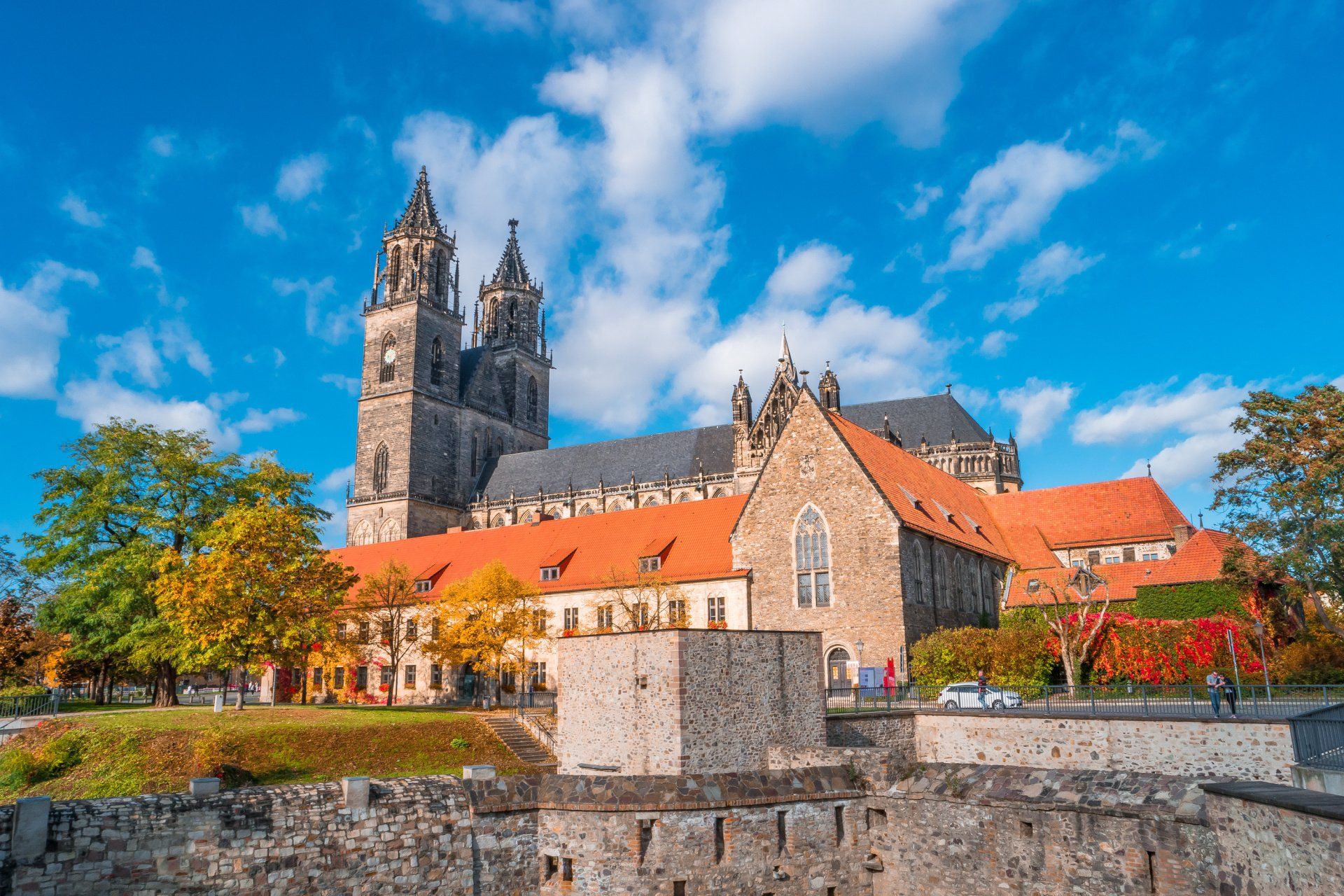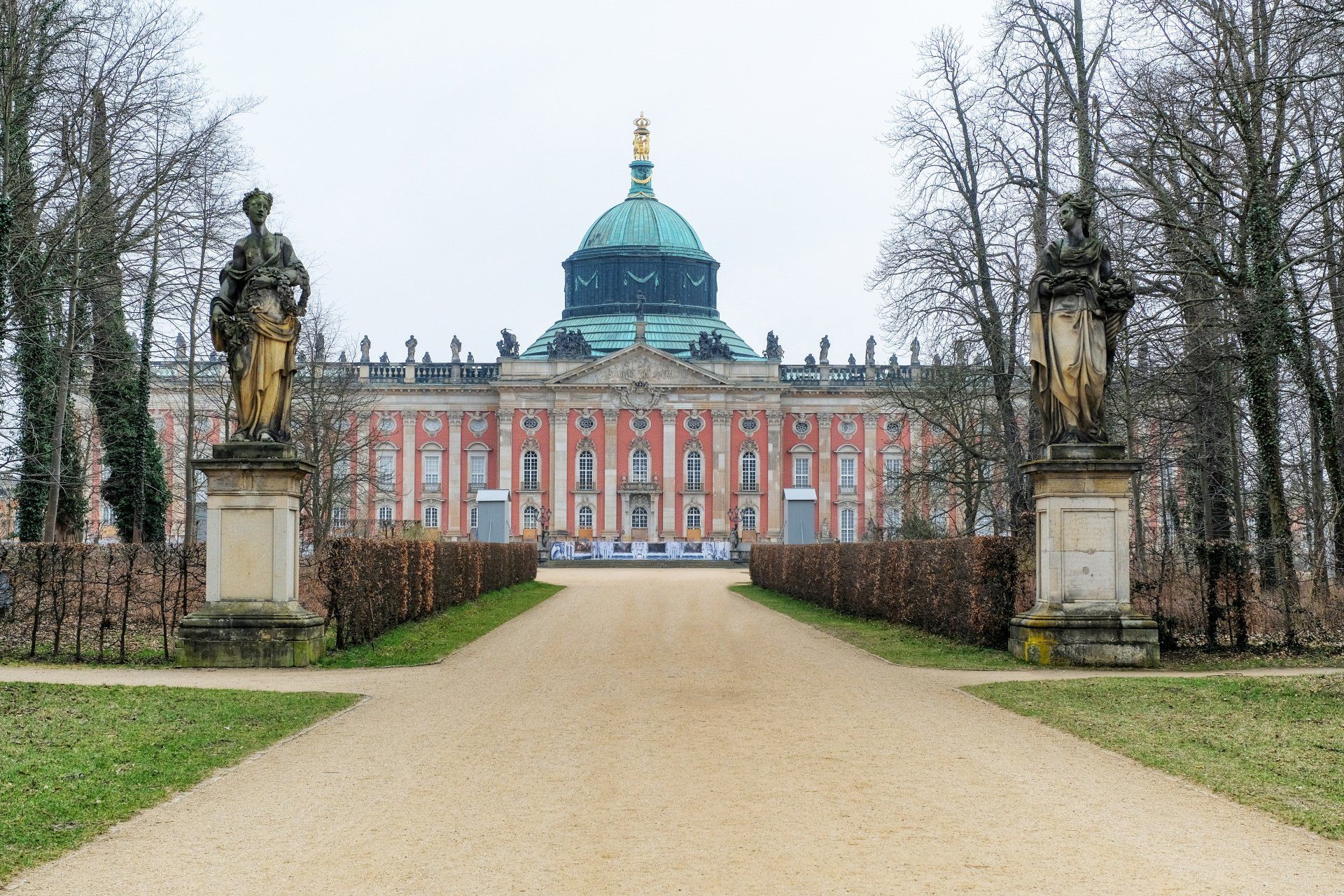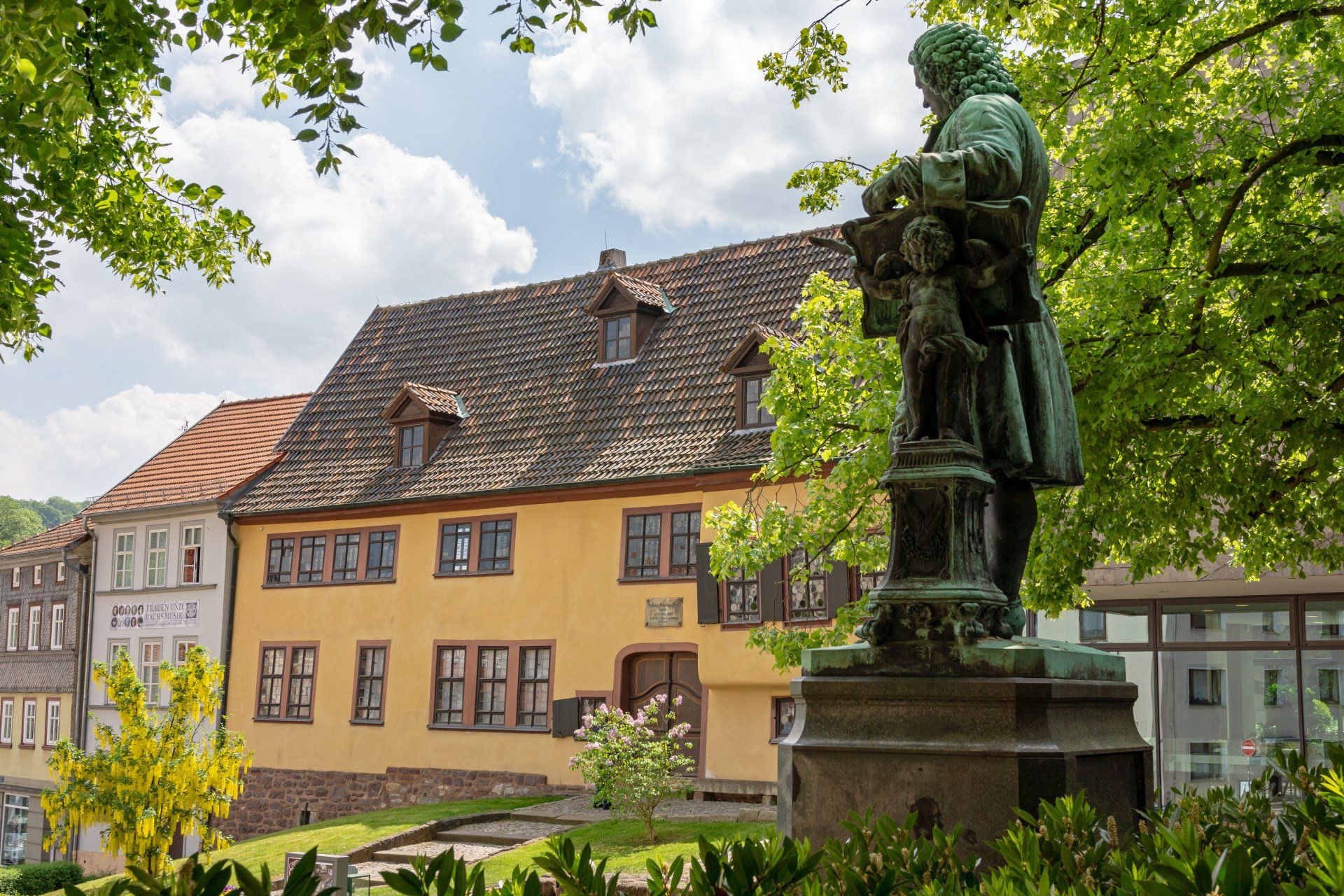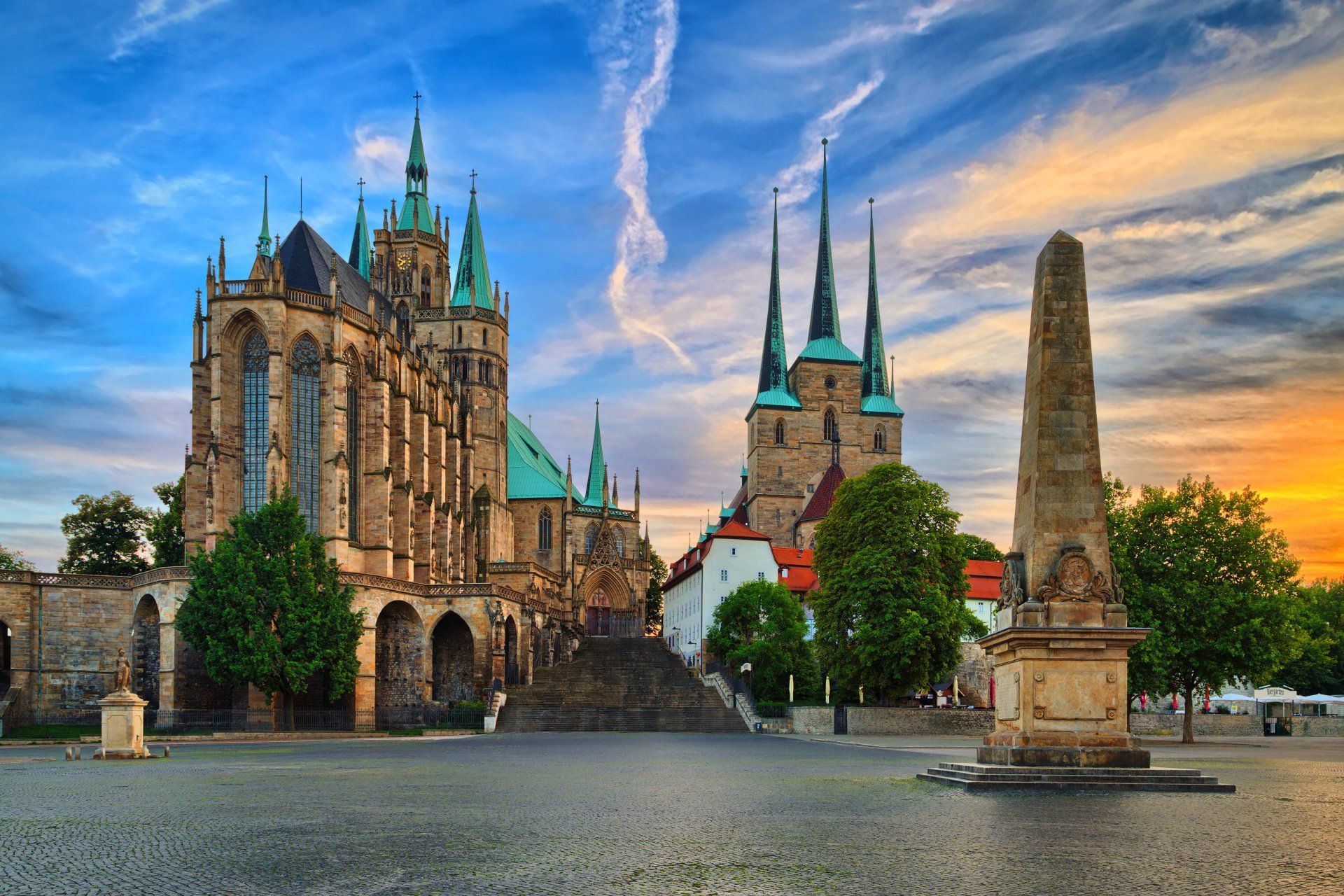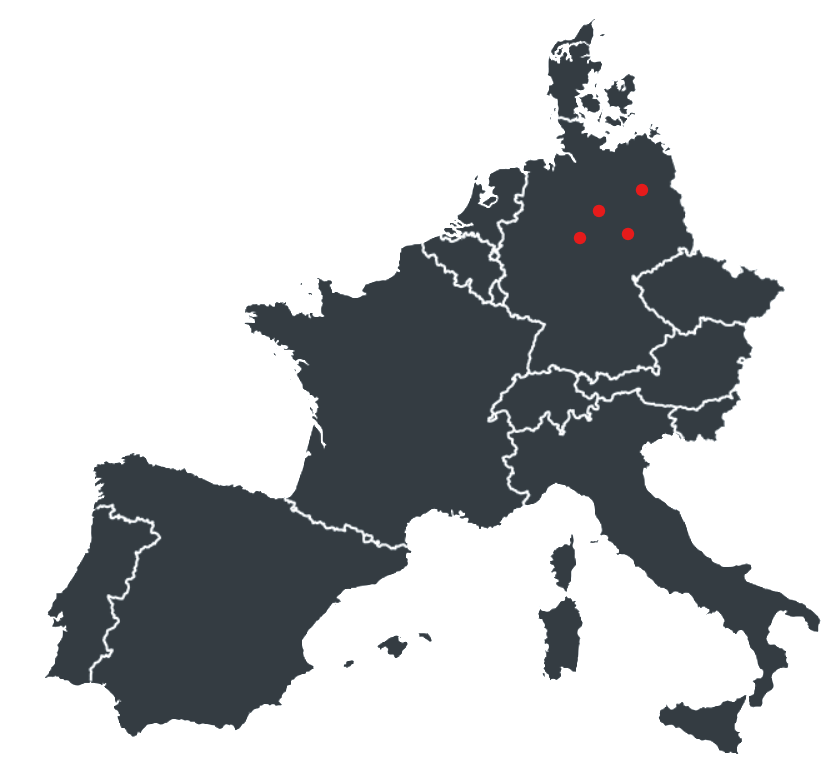Introducing GroupCare. A suite of healthcare and security services designed for travel in the post Covid era.
Music and Political History of Germany
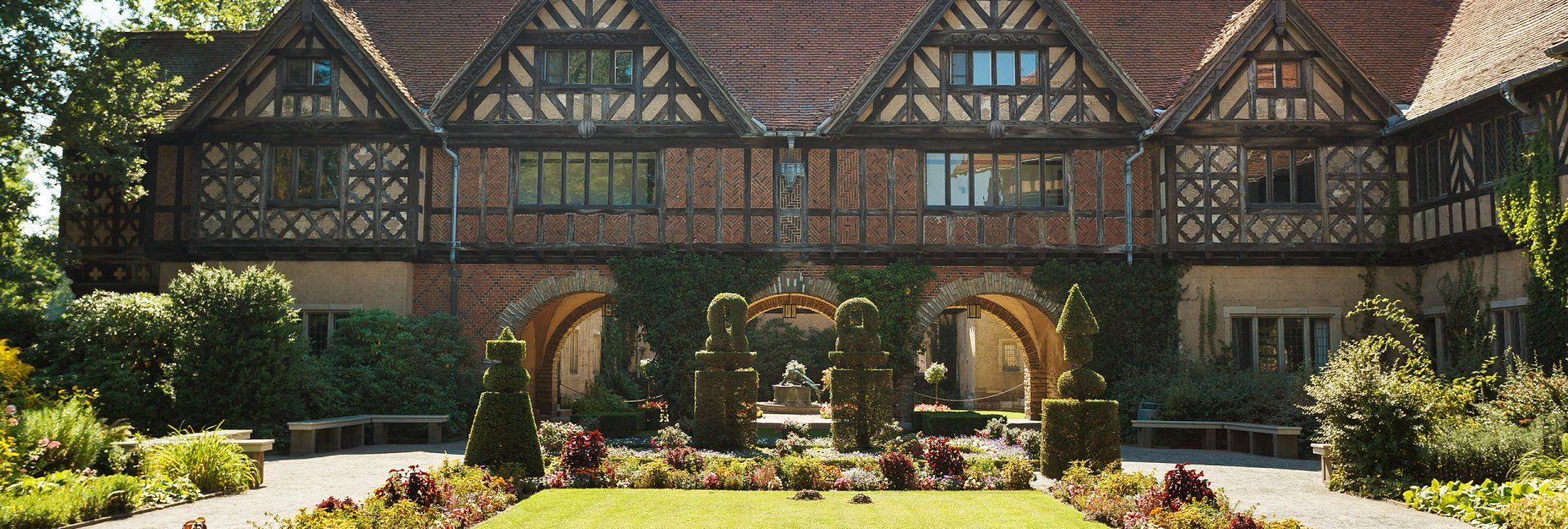
Slide title
CECILIENHOF PALACE, POTSDAM
Button
Music and Political History of Germany
The musical heritage and political history are more closely interconnected in Germany than perhaps any other European country. We uncover details of its past with sight visits, learn about Prussian Kings and the World Wars while becoming immersed in today’s modern German culture. Similar tours of most other European countries are available on request.
SAMPLE DAILY ITINERARY BELOW
Day 1 — Arrival Berlin
On arrival meet with your professional tour guide for the journey to Potsdam. Potsdam is the capital and largest city of the German federal state of Brandenburg. It directly borders the German capital, Berlin, some 25 kilometres (16 miles) southwest of the city centre. Potsdam was a residence of the Prussian kings and the German Kaiser until 1918. Its planning embodied ideas of the Age of Enlightenment: through a careful balance of architecture and landscape, Potsdam was intended as "a picturesque, pastoral dream" which would remind its residents of their relationship with nature and reason. The city lies in an area of interconnected lakes and is distinguished by a series of cultural landmarks, in particular the parks and palaces of Sanssouci, the largest World Heritage Site in Germany. Overnight stay in Potsdam.
Day 2 — Potsdam
Today join a local guide for a tour of Potsdam. Start the day with a visit of Schloss Sanssouci Palace, Fredrerick the Great’s summer residence. Later on, tour the Cecilienhof Palace, the last palace built by the Hohenzollern family. Cecilienhof was also the location of the Potsdam Conference in 1945. The resulting Potsdam Agreemeent signed by Atlee, Truman and Stalin determined how to administer the defeated Nazi Germany. Overnight stay in Potsdam.
Day 3 — Magdeburg - Erfurt
This morning depart Potsdam for Erfurt. En route make a stop at Magdeburg for a walking tour. Ideally situated mid-way along the course of the Elbe, Magdeburg in the German heartlands was an important trade centre before the Middle Ages. Sadly only a few ecclesiastical buildings, notably the cathedral, remain from the bombardments of 1945. Visit the Magdeburg Cathedral, the oldest Gothic cathedral in Germany. Journey to Erfurt to explore the old city and the Krämerbrücke bridge which has medieval houses and shops, and stretches over the Gera River. Overnight stay in Erfurt.
Day 4 — Erfurt
Begin the day exploring central Erfurt on a walking tour very much associated with Martin Luther, father of the Protestant Reformation. Visit the Cathedral of St. Mary where he was ordained the next door Gothic Church of St. Severusa and visit The Protestant Monastery of St. Augustine (Augustinerkloster). Built by Augustinian Hermits, the place of Luther’s theological education, a Protestant secondary school, an orphanage, a school for the training of preachers whose origins date to the 8th century. Overnight stay in Erfurt.
Day 5 — Eisenach
Today travel west for a full day excursion to Eisenach, Johann Sebastian Bach’s hometown. Enjoy a tour of his birthplace followed by a visit of the Bachhaus Einsenach, the first museum in the world dedicated to Johann Sebastian Bach. In the afternoon see the Wartburg Fortress, a medieval castle where Luther sought refuge following his excommunication in 1521. Following the tour head back to Erfurt for overnight. Overnight stay in Erfurt.
Day 6 — Leipzig
Depart Erfurt and make a stop to pay your respects at The Buchenwald Memorial. The Buchenwald Memorial Concentration Camp where thousands of people lost their lives during the Nazi Regime. This was one of the first and one of the largest. Continue to nearby Weimar.
Not only did the city give its name to the Weimar Republic but it has also attracted personalities as diverse as Luther, Bach, Schiller and Goethe. Explore the Classical Weimar World Heritage Site associated particularly with Goethe and Schiller. Visit The Goethe-Nationalmuseum that shows the life of Johann Wolfgang von Goethe in his former residence and The Schiller-Museum that shows the life of Friedrich Schiller in his former residence. Overnight stay in Leipzig.
Day 7 — Leipzig
Today discover the vibrant city of Leipzig. See the tomb of J.S. Bach in the famous St Thomas Church. This afternoon visit the Bach Museum, widely recognised as the world’s pre-eminent centre of Bach scholarship. The rest of the day is set aside to explore at your own pace. Overnight stay in Leipzig.
Day 8 — Halle
After breakfast depart for a full day excursion to Halle. Halle is a destination for those who enjoy the good things in life: few other places have such a high concentration of fine restaurants, exclusive shops and outstanding art and culture. In the historical, largely intact centre, there is an enthralling contrast between the beautiful squares lined with grand old buildings and the youthful buzz of a modern town. Visit The Händel-Haus, the former home of the famed baroque composer, with exhibits on his life and music. Overnight stay in Leipzig.
Day 9 — Dresden
After breakfast depart for a full day excursion to Dresden. Dresden was incinerated by Allied bombers during World War II claiming over 50,000 lives. Today Dresden stands magnificently on the River Elbe and has undergone much reconstruction to restore some of its former glory. Enjoy a guided tour of the reconstructed Frauenkirche and a backstage tour of the Semper Opera House. Overnight stay in Leipzig.
Day 10 — Wittenberg
This morning leave Leipzig and head to Berlin. En route visit the city of Wittenberg, a university town along the River Elbe, with close ties to Martin Luther, leader of the Protestant Reformation. The Lutherhaus, once a monastery and Luther’s home, is now a museum displaying his personal artefacts and paintings. On the city’s main plaza, Market Square, stands the 13th-century Stadtkirche where Luther preached, known as the Mother Church of the Reformation. Overnight stay in Berlin.
Day 11 — Berlin
Today your specialist tour guide takes you on a guided tour of the city. Berlin, Germany’s capital, dates to the 13th century. Reminders of the city's turbulent 20th-century history include its Holocaust memorial and the Berlin Wall's graffitied remains. Divided during the Cold War, its 18th-century Brandenburg Gate has become a symbol of reunification. Once the capital of Prussia and leading cultural centre of the 1920s, Berlin, is characterised by its dazzling modernity and breathtaking architecture. Berlin is home to over 138 museums and more than 400 art galleries. The ensemble on the Museum Island is a UNESCO World Heritage Site. As early as 1841 it was designated a "district dedicated to art and antiquities" by a royal decree. Subsequently, the Altes Museum was built in the Lustgarten. The Neues Museum, which displays the bust of Queen Nefertiti, Alte Nationalgalerie, Pergamon Museum, and Bode Museum were built there. Overnight stay in Berlin.
Day 12 — Departure
An executive motor coach is provided for the transfer to Berlin Airport.
THIS IS A SAMPLE ITINERARYOur tours are tailor made to the exact specifications of the group planner. Please contact us for your custom quotation and itinerary.
REQUEST A QUOTE
THIS IS A SAMPLE ITINERARYOur tours are tailor made to the exact specifications of the group planner. Please contact us for your custom quotation and itinerary.
REQUEST A QUOTE
WITH OFFICES IN
Great Britain | North America | Italy | Spain
©
Copyright
2017 -
Select Travel Service


